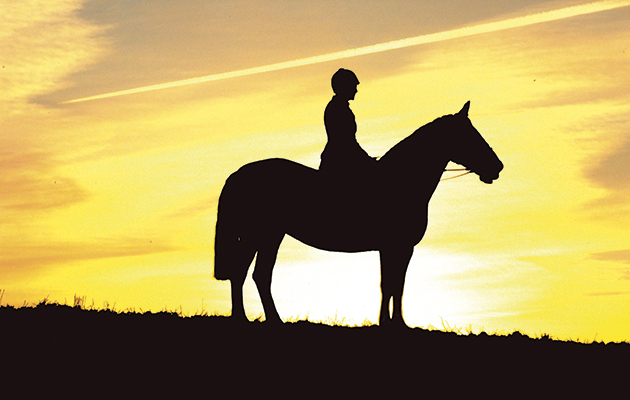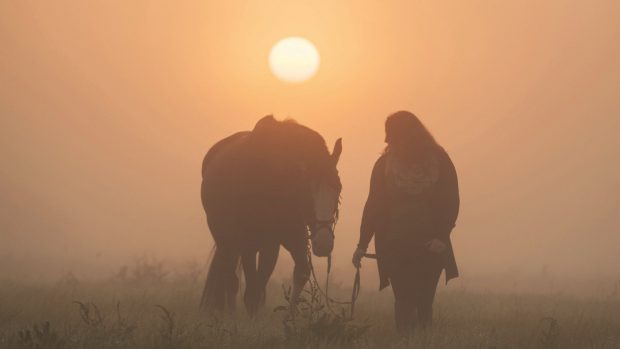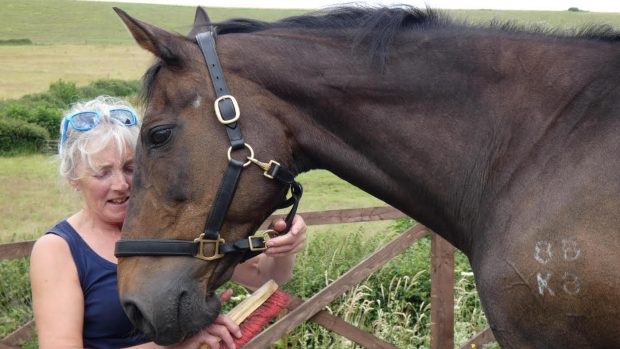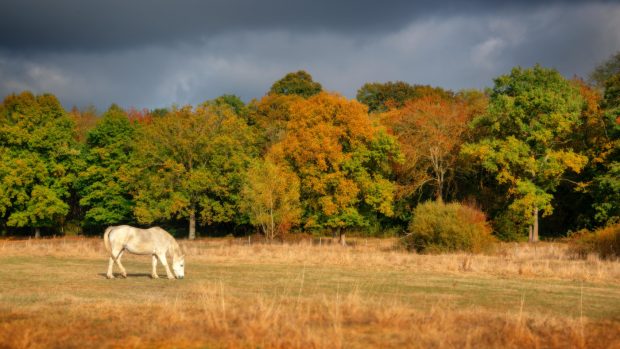Owners seeking advice on when to put a horse down could soon benefit from more support thanks to new research.
A euthanasia survey is being conducted by Liane Preshaw of The Horse Trust and is open to owners, as well as vets and farriers.
The survey asks respondents which factors led them to put the horse to sleep, including aspects of the animal’s health or welfare that contributed, and how confident the person was with their decision.
Results will be collated to find out if there is a common understanding between owners and professionals of the signs that indicate a horse’s quality of life has been sufficiently compromised to give grounds for equine euthanasia, as well as any other situations that justify putting a horse down.
“Having a horse put to sleep can be very difficult and emotional, and in many cases it will be the hardest decision an owner will have to make,” Ms Preshaw told H&H.
“The Horse Trust frequently receives phone calls from owners about euthanasia.
“The circumstances vary from case to case, but there is often no clear answer. This can lead to feelings of guilt.”
In some cases the choice to put a horse down can be relatively straightforward due to serious injury or ill health.
However, the situation can become complicated if the horse’s welfare state is acceptable but the owner is unable to continue caring for the horse.
Overseas, owners may choose not to put their horse down for cultural or religious reasons.
| Related articles |
Ms Preshaw hopes that the survey will provide information about the most common behavioural and physical signs that professionals and owners consider important when making the choice.
“If an explicit set of criteria can be considered, then the decision-making process becomes much more consistent,” she said.
Horse owners told H&H the lack of information on euthanasia made the process more challenging.
Elizabeth Graney had to make the decision this year with two of her elderly horses — one has Cushing’s and the other was injured after being kicked.
She chose not to put the horses down as they still have a good quality of life.
“The options are rarely clear and if you are new to an area, the lack of contacts can make it very difficult too,” she told H&H.
“More information on this subject would be welcome and a directory of contacts would be helpful — from hunts to vets.”
Becky Murray from Aberdeenshire had two of her horses put down this year.
“Both horses were relatively young and were put down for completely different reasons, it was heartbreaking,” she said.
“I was fortunate to have fantastic vets who really helped me through the process, but I had so many questions, and didn’t know what to expect. I think it is after the event that is hardest — dealing with the loss.”
Support for owners
The British Horse Society (BHS) set up its Friends at the End scheme in January 2013. The free service provides support for owners making the decision to euthanise their horse in non-urgent cases.
Friends at the End offers counselling and information as well as volunteers who can be present while a horse is put down.
It is seeing a significant uptake and is now helping several owners a week.
Gemma Stanford of the BHS told H&H: “Coming into the winter the number of people we help increases.”
The same year the service was launched, the National Fallen Stock Company (NFSC) — a not-for-profit business set up by Defra for the collection and disposal of dead farm animals — launched a survey to find out if owners are aware of the options available.
The survey was completed by more than 800 owners and asked them about their experiences when it came to disposing of a horse which had died or been put to sleep.
It found that just over half of respondents (55%) who had experienced the death and disposal of a horse had planned in advance the method they would use to put their horse down. The findings were shared with equine organisations and vets, and were used to improve the NFSC’s own website and services.
Ms Preshaw’s survey will be open until 13 December and a report will produced
by June 2016.
To complete the survey visit: www.horseandhound.co.uk/euthanasia-survey





